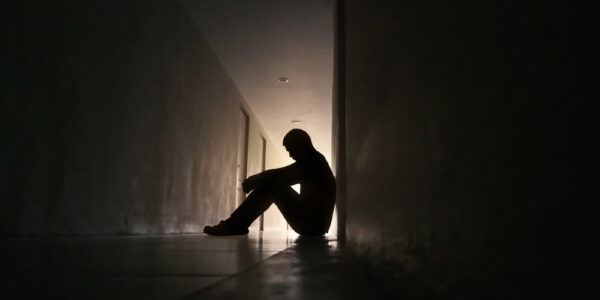LISTEN TO THIS ARTICLE:
Naomi Judd, the elder half of the country music duo, the Judds, passed away on April 30. She was 76 years old. We don’t know her exact cause of death at this time. Naomi’s daughters released a note to the press stating only, “We lost our beautiful mother to the disease of mental illness.” She passed just two days before she and her daughter, Wynonna, the other half of “The Judds” were to be inducted into the Country Music Hall of Fame.
Back in 2016 Naomi Judd revealed to People that she began suffering from mental illness after the end of her “Last Encore” tour in 2011. She felt aimless following the tour. Severe depression and panic attacks overwhelmed her. She didn’t leave her house for months, moving so little that she became incredibly weak and couldn’t even get up the stairs. She considered suicide as an escape and even made a detailed plan about how she could end her life. People quoted her saying, “My family will know that I was in so much pain and I thought they would have wanted me to end that pain.”
Depressed thinking
This kind of distorted thinking is not unusual for people in the depths of suicidal depression. People believe they are a burden on others and that people will understand or even be happy that they are gone. Of course, none of this is true. It’s just a part of how depression warps our thoughts.
Ultimately, Judd sought professional help. It took some time. She cycled through a few different providers and medications, spending a few short stints in psychiatric hospitals. She went on to write a memoir about her mental health journey, entitled “River of Time: My Descent into Depression and How I Emerged with Hope.”
While Naomi Judd’s family has not confirmed what her exact cause of death was, suicide is a possibility. This notable passing is another opportunity for us to learn about the dangers of severe depression.
Warning signs of suicide
Here are some signs a person may be contemplating suicide.
- Getting affairs and finances in order
- Getting the house in order and giving away possessions
- Making a will
- Showing an uncharacteristic interest in visiting friends and family members
- Buying a gun, rope, or stockpiling medications
Also, people contemplating suicide might exhibit the following:
- Seem preoccupied with thoughts about death and dying
- Appear emotionally distant, distracted, or withdrawn
- Seem hopeless, helpless, and unable to feel pleasure
- Suddenly seem relieved and like a weight has been lifted when they have privately made the final decision and plan to go through with it
- Talk about how others would be better off without them or how they are nothing but a burden
- Talk about feeling like they don’t feel like they ‘belong’
If you are in crisis, call the toll-free National Suicide Prevention Lifeline at 988, available 24 hours a day, 7 days a week. The service is available to anyone. All calls are confidential. http://www.suicidepreventionlifeline.org

 Learn
Learn Read Stories
Read Stories Get News
Get News Find Help
Find Help
 Share
Share
 Share
Share
 Share
Share
 Share
Share



